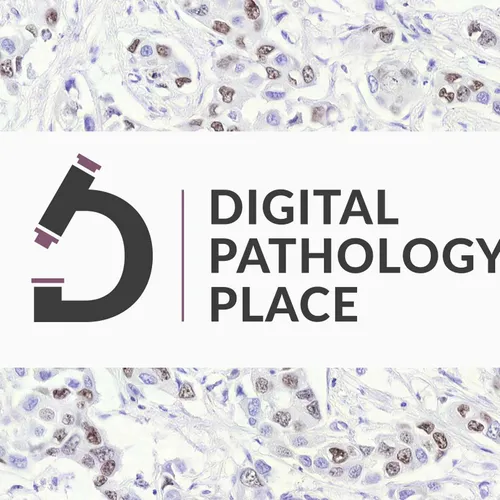158: Multimodal Magic AI’s Role in Lung & Prostate Cancer Predictions
- Author
- Aleksandra Zuraw, DVM, PhD
- Published
- Fri 29 Aug 2025
- Episode Link
- None
What if AI could predict cancer outcomes better than traditional methods—and at a fraction of the cost? In this episode, I explore how multimodal AI is reshaping lung and prostate cancer predictions and why integration challenges still stand in the way.
Episode Highlights with Timestamps:
- [00:02:57] Agentic AI in toxicologic pathology – what it is and how it could orchestrate workflows.
- [00:05:40] Grandium desktop scanners – making histology studies more accessible and efficient.
- [00:08:03] Clover framework – a cost-effective multimodal model combining vision + language for pathology.
- [00:13:40] NSCLC study (Beijing Chest Hospital) – AI predicts progression-free and overall survival with high accuracy.
- [00:17:58] Prostate cancer prognostic model (Cleveland Clinic & US partners) – validating AI-enabled Pathomic PRA test.
- [00:23:35] Thyroid neoplasm classification – challenges for AI in distinguishing overlapping histopathological features.
- [00:34:49] Real-world Belgium case study – AI integration into prostate biopsy workflow reduced IHC testing and turnaround time.
- [00:41:03] Lessons learned – adoption hurdles, system integration, and why change management is essential for successful digital transformation.
Resources from this Episode
- World Tumor Registry – A global open-access repository for histopathology images: World Tumor Registry
- Beijing Chest Hospital NSCLC AI Prognostic Study – Prognosis prediction using multimodal models.
- Cleveland Clinic Pathomic PRA Study – Independent validation of AI-enabled prostate cancer risk assessment.
- Grandium Scanners – Compact desktop scanners for histology slides: Grandium.ai
